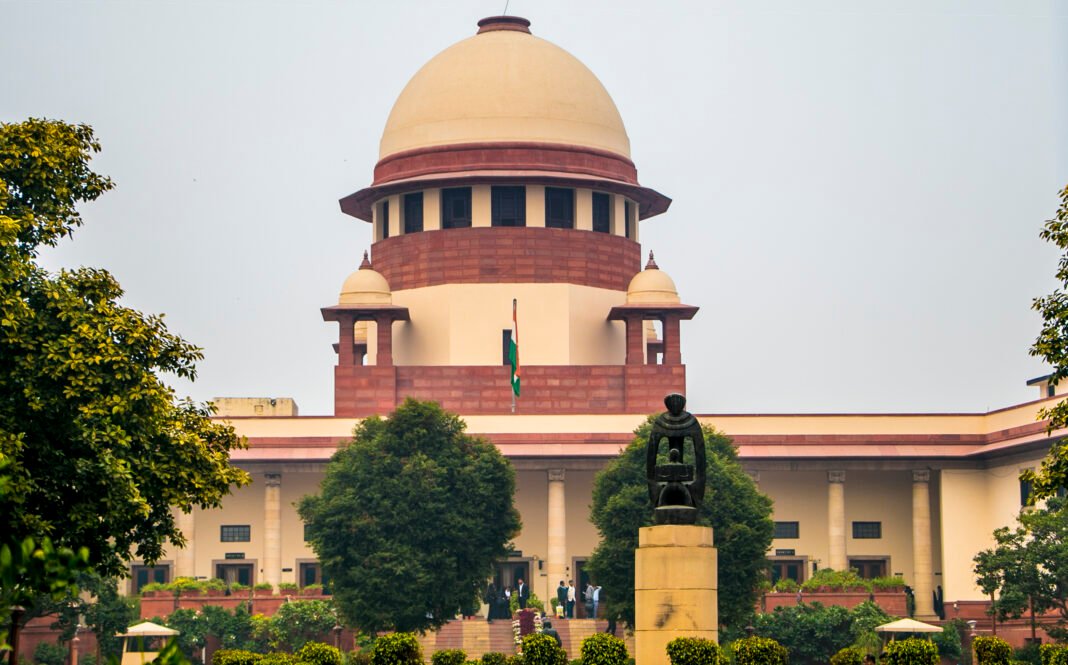The Supreme Court has made a landmark decision, dismissing the chargesheet against a woman accused of abetting Suicide. The SC expressed that simply disapproving a marriage doesn’t account for constituted abetment of suicide under Indian law section 306 of the Indian penal code (IPC).
The decision came from the bench of justices composing B V nagarathna and Satish Chandra Sharma, while they overturned charges against a women of abetting the suicide of another women who was in love with her son. The bench outlined that there was no evidence to suggest that the petitioner’s actions directly or indirectly instigated the suicide.
The allegations against the appellant were based on disputes between the family of appellant particularly involving her son and the family of the son’s lover, the appellant was accused of opposing the marriage and making disregarding remarks against the deceased.
SC bench stated, “We find that the acts of the appellant are too remote and indirect to constitute the offence under section 306, IPC. There is no allegation against the appellant of a nature that the deceased was left with no alternative but to commit the unfortunate act of suicide.”
According to the bench the appellant’s disapproval of the marriage did not rise to the point of abetment of suicide. It was also noted that appellant and her family didn’t put any pressure on her son and the deceased to end the relationship.
“In fact, it was the deceased’s family that was unhappy with the relationship. Even if the appellant expressed her disapproval towards the marriage of Babu Das and the deceased, it does not rise to the level of direct or indirect instigation of abetting suicide.”
“Further, a remark such as asking the deceased to not be alive if she cannot live without marrying her lover will also not gain the status of abetment. There needs to be a positive act that creates an environment where the deceased is pushed to the edge in order to sustain the charge of section 306, IPC,” the bench said.








